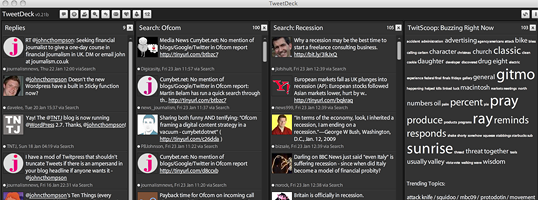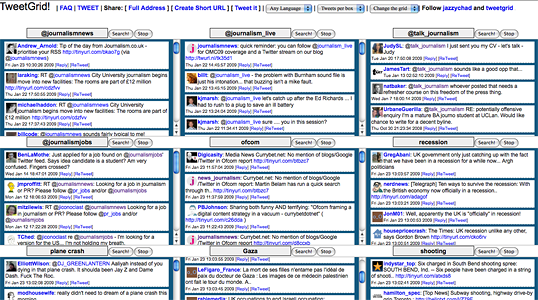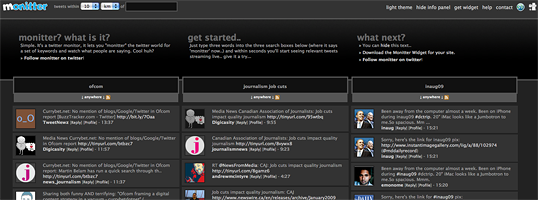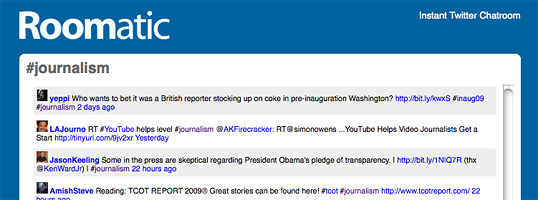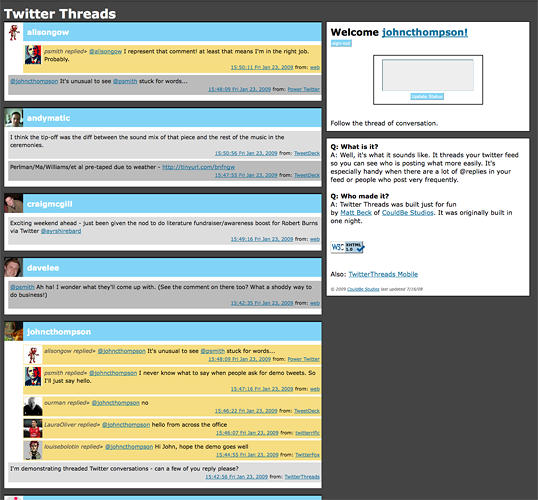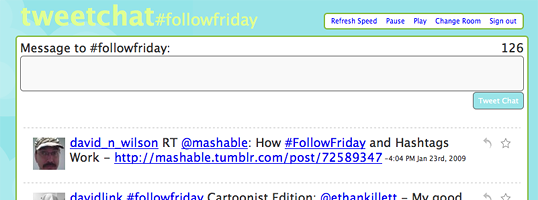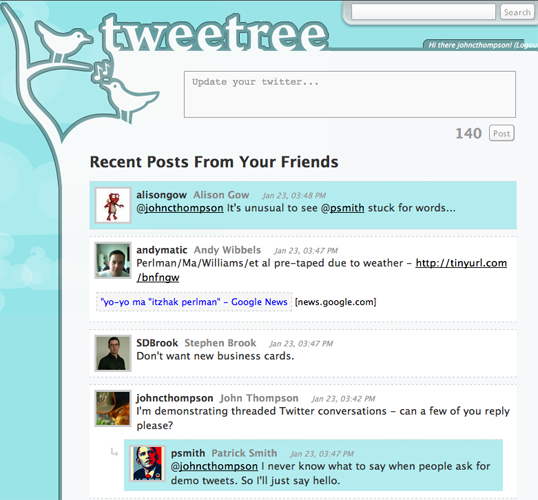1. Material to stuff your Guy Fawkes effigy with on Bonfire Night.
2. Paper mountains at your local recycling depot.
3. Liners for your kitty litter trayers, rabbit hutches etc.
4. The joy of finding and reading other people’s paid-for newspapers on the train/underground/bus.
5. Wrapping for your fish and chips.
6. Material for your papier mâché models.
7. Getting your letterboxes jammed stuck with weekend supplements.
8. Part-time employment for your children.
9. Newsagents. And newsagents whingeing about the newstrade.
10. Ad inserts and catalogues offering 1001 pointless gadgets to solve problems you will never have.
11. The ability to buy soft porn under the not-very-convincing pretence of being interested in the daily news.
12. Cliché-ridden headlines and terrible puns.
13. Insulation when sleeping rough (although cardboard works just as well).
14. Free CDs, DVDs, posters etc that you will never listen to, view or display.
15. Material to protect the floor, soak up spilt tea etc when the builders are in.
16. Something to read when you are on the loo (doesn’t seem quite right to do that with a laptop, although mobile devices are a bit more discreet).
17. Inky, black fingers.
 18. Deforestation (although it is equally possible that fewer trees might get planted in managed forests).
18. Deforestation (although it is equally possible that fewer trees might get planted in managed forests).
19. The unintelligible cry of news vendors on street corners.
20. Having free papers jammed into your stomach at the entrances to underground stations.
21. Training the dog to fetch the paper/attack the paper boy/girl/person in the mornings.
22. Large piles of free newspapers dumped in skips.
23. Skidding on sodden lumps of old newspapers left out in the rain on pavements and roads.
24. For future generations, birthday gifts of a copy of the newspaper that was published on the day they were born.
25. Something to clean the windows with.
26. The environmental impact of printing, delivering and collecting returns (and the loss of related jobs).
27. Trying to read broadsheet newspapers on crowded trains/planes/buses etc
28. The wonderful, if often unintentional, wit of A-boards outside newsagents.
29. A surveillance device for bad spies.
30. Fuel to get the kindling going in your open fire, Aga, woodburning stove, bonfire etc.
But seriously…


